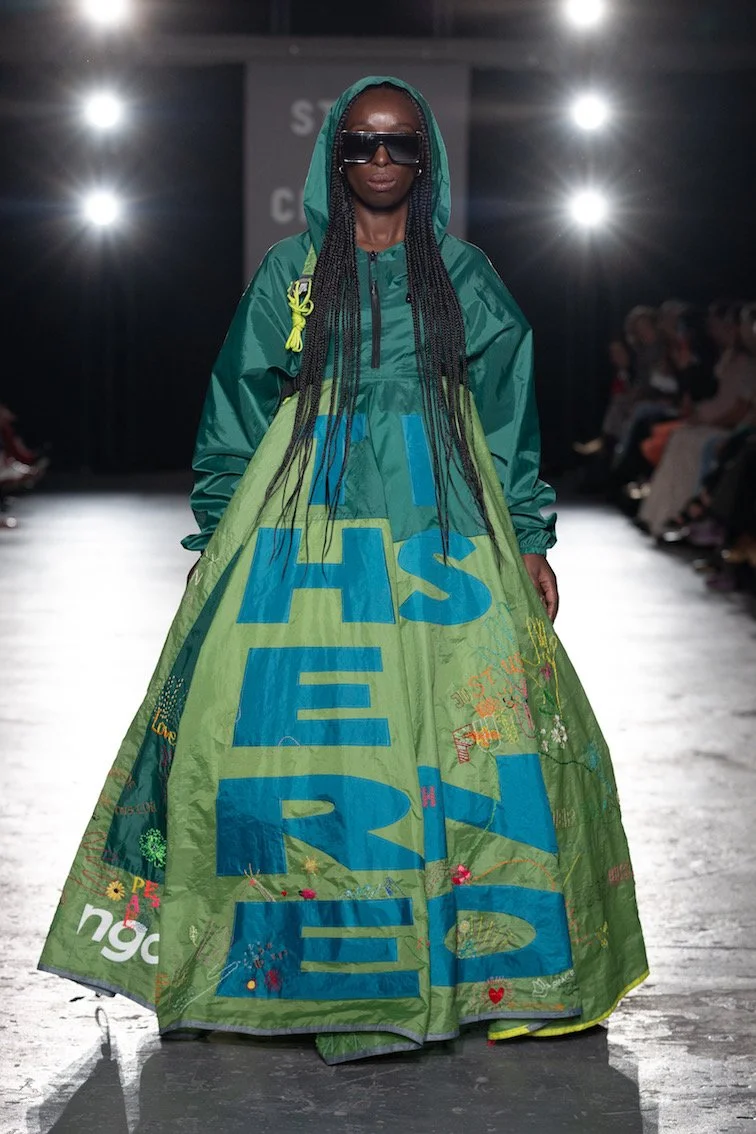![Ep 22 PATAGONIA'S VINCENT STANLEY ON THE BIG STUFF]()
Just, you know, poetry, economy, ecology & saving the planet… Vincent Stanley is Patagonia’s director of philosophy. He has been with Patagonia since 1973, when his uncle, Yvon Chouinard, gave him a job as a kid out of college.
He's a writer, a big reader, a deep thinker and passionate environmentalist, he's also a visiting fellow at the Yale School of Management. And a poet whose work has appeared in Best American Poetry.
With Yvon, he co-wrote the book THE RESPONSIBLE COMPANY, which is like this handbook for building a more sustainable business. He is also the guy who wrote the initial text for The Footprint Chronicles - Patagonia’s game changing supply chain mapper.
Poetry, philosophy, environmentalism, population growth, cognitive dissonance activism, and the role of business in making a difference, this episode takes on THE BIG STUFF. We discuss what’s happening to our soils, loss of biodiversity, climate change, ocean acidification, water pollution. Overwhelming, yes, but what we need now is action. How do we want to live? What do we want our economy and indeed our world to look like?















